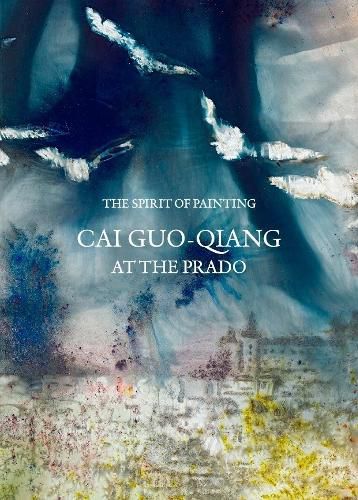Readings Newsletter
Become a Readings Member to make your shopping experience even easier.
Sign in or sign up for free!
You’re not far away from qualifying for FREE standard shipping within Australia
You’ve qualified for FREE standard shipping within Australia
The cart is loading…






Catalogues Cai Guo-Qiang’s recent exhibition at the Prado, the first in over thirty years to focus solely on his painting, and the first time that an artist had created on-site at the Prado. It explores Cai Guo-Qiang’s ongoing dialogue with El Greco and the way he established a relationship with the great masters represented in the Prado. It reproduces nearly thirty paintings made with gunpowder, eight of which were ignited on-site at the Salon de Reinos. It also features an oil and an acrylic created at the start of his activities as a painter; and various sketches and drawings on matchboxes by his father, Cai Ruiqin, who steered him towards painting. The catalogue includes texts and essays by Miguel Zugaza, Alejandro Vergara, Kosme Baranano and Cai Guo-Qiang himself, in which he reflects on his life and artistic career and on the principles and concerns that have governed the evolution of his work.
$9.00 standard shipping within Australia
FREE standard shipping within Australia for orders over $100.00
Express & International shipping calculated at checkout
Catalogues Cai Guo-Qiang’s recent exhibition at the Prado, the first in over thirty years to focus solely on his painting, and the first time that an artist had created on-site at the Prado. It explores Cai Guo-Qiang’s ongoing dialogue with El Greco and the way he established a relationship with the great masters represented in the Prado. It reproduces nearly thirty paintings made with gunpowder, eight of which were ignited on-site at the Salon de Reinos. It also features an oil and an acrylic created at the start of his activities as a painter; and various sketches and drawings on matchboxes by his father, Cai Ruiqin, who steered him towards painting. The catalogue includes texts and essays by Miguel Zugaza, Alejandro Vergara, Kosme Baranano and Cai Guo-Qiang himself, in which he reflects on his life and artistic career and on the principles and concerns that have governed the evolution of his work.